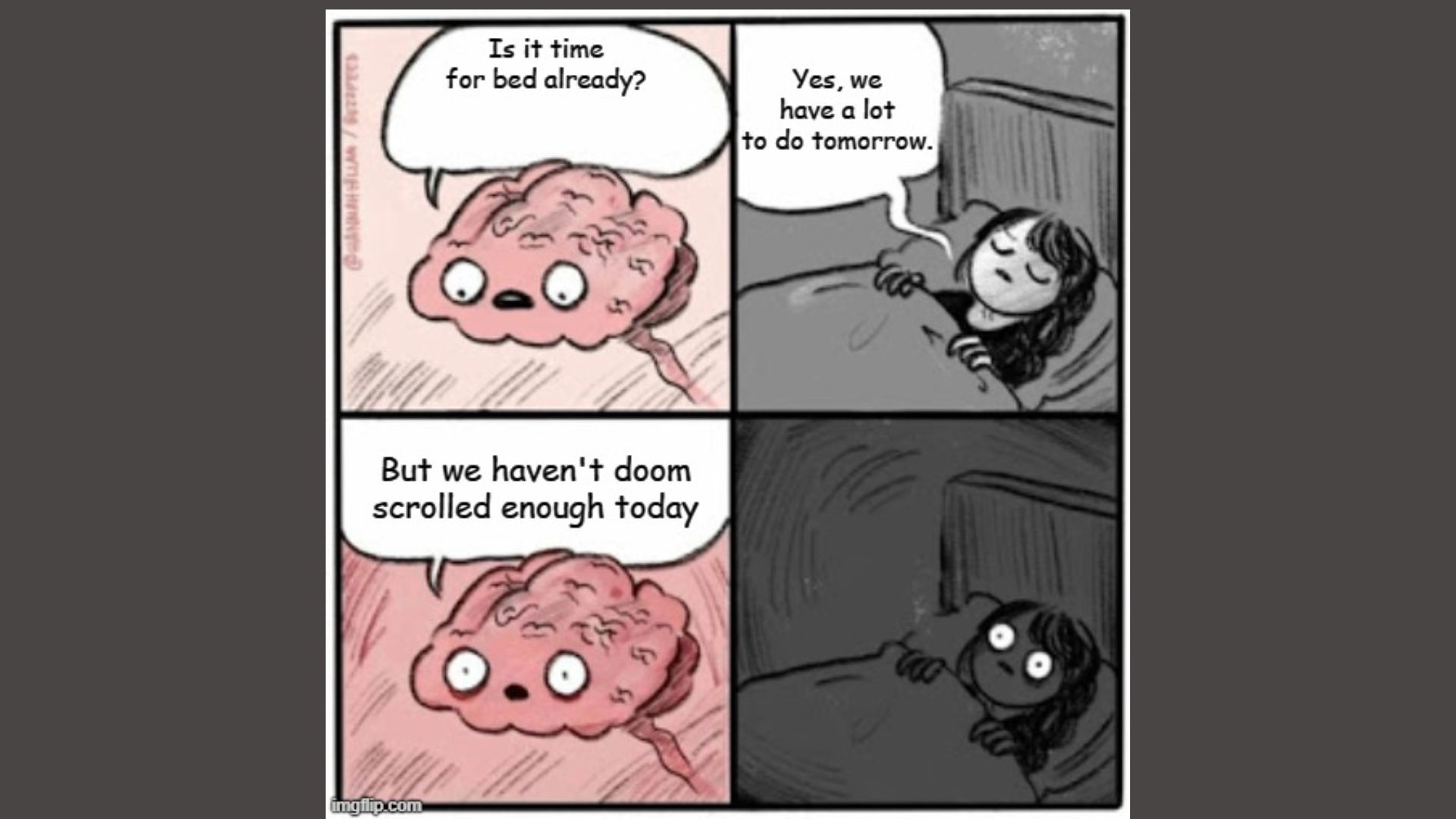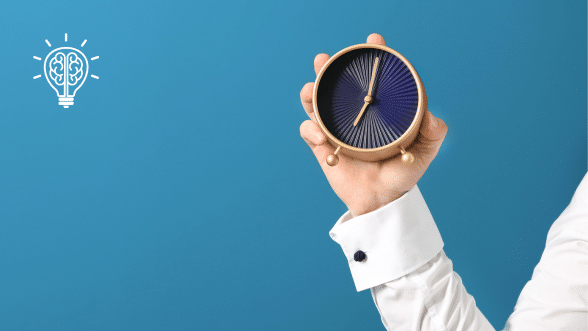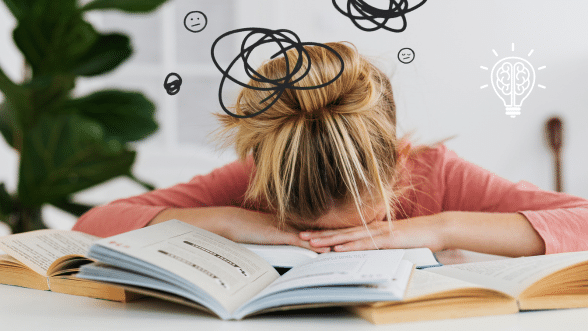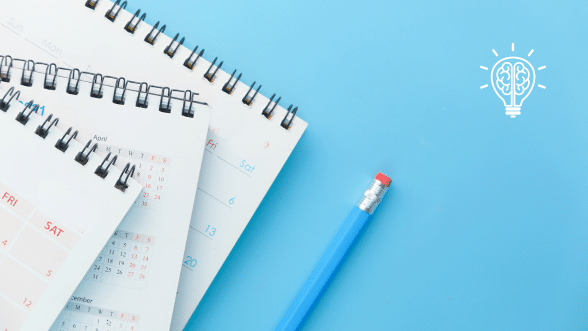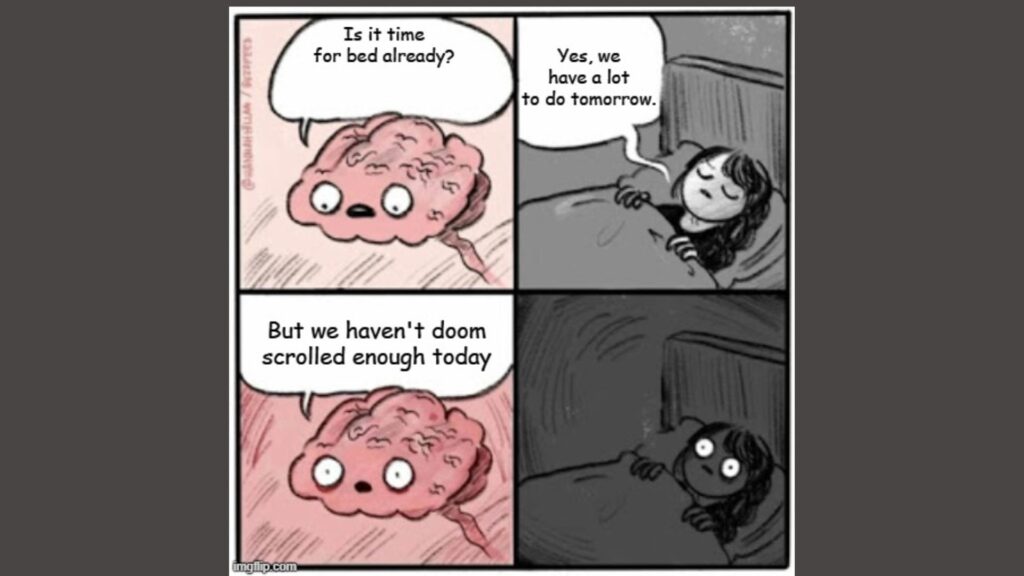
It’s well-known that losing out on sleep comes far-reaching health effects. Insomnia commonly co-occurs with ADHD, and one can easily exacerbate another. The interplay between sleep loss and other activities has become widely known as “revenge bedtime procrastination.” While this isn’t exclusive to neurodivergent people, it can be particularly troublesome since ADHD and sleep already have such a fraught relationship. In order to address issues like sleep procrastination, it’s crucial to understand how they work and how you can regain control over your nighttime routine.
What Is Revenge Bedtime Procrastination?
Currently one of the most common forms of sleep procrastination for people with ADHD, revenge bedtime procrastination is the act of knowingly delaying sleep to engage in leisure activities. This includes lying in bed scrolling on your phone or watching TV late into the night. It’s called revenge bedtime procrastination because many who do it believe it stems from a desire to reclaim one’s time after busy days in which an individual hasn’t had ample time to themselves.
This activity is particularly tempting to teens and young adults who spend long days at school or work and feel as if they don’t own their time. After spending all day doing something mandated by an outside force, an individual might feel a sense of freedom from staying up late doing the things they like.
The Problem With Revenge Bedtime Procrastination
While it’s true that having time to oneself, independent of other responsibilities, is important, sleep procrastination isn’t altogether healthy. Even missing out on as little as an hour of sleep each night can lead to sleep deprivation over time.
Those who don’t get enough sleep are more prone to anxiety, more likely to experience excessive daytime sleepiness, and have poorer health in general. Self-regulation is already a problem for many people with ADHD, and sleep procrastination (itself a result of self-regulation issues) only worsens the struggle.
Sleep issues are already common among people with ADHD—especially teens and young adults—for many reasons, from excessive screen time at work, school, and home to heightened anxiety due to social and financial stress. Adding one more way to reduce the quantity and quality of sleep a person gets can lead to serious consequences in both the long- and short-term, especially if you already have problems with falling asleep, staying asleep, and feeling wakeful during the day.
Tips for an Effective Sleep Routine
To avoid falling into an ever-worsening cycle of sleep issues, it’s crucial to develop a sleep routine that works for you. Since ADHD and sleep interact in complex and highly personal ways, no one strategy will work for everyone. In fact, a single strategy may only work for a person for months or weeks before executive function problems throw it into disarray, but it’s still important to continually try to innovate what works best for your brain and your needs.
For some people, a strict schedule may help. Set yourself a bedtime, lights-out time, and phone time. Abide by them as closely as possible for a few days and see how the schedule feels. If it’s not enough, integrate a bedtime hygiene routine. Brush your teeth, practice skin care, and wash your face at the same time each day.
Exercising and getting outside time during the day can also make it easier to sleep at night. Your body responds both to the amount of physical activity you participate in and environmental cues, like sunlight and temperature. Exercising is proven to promote good, restful sleep, and getting outside helps your body set a regular circadian rhythm.
Finally, reclaim your daytime hours. If you feel like procrastinating before bed to own your time more, try to shift that reclamation to earlier in the day. If you have the flexibility in your workday, block out breaks and use them to do activities you like. Take a walk, do quick crafts, or talk with your friends. Use your post-work hours to socialize in person, do activities, and prioritize your interests.
